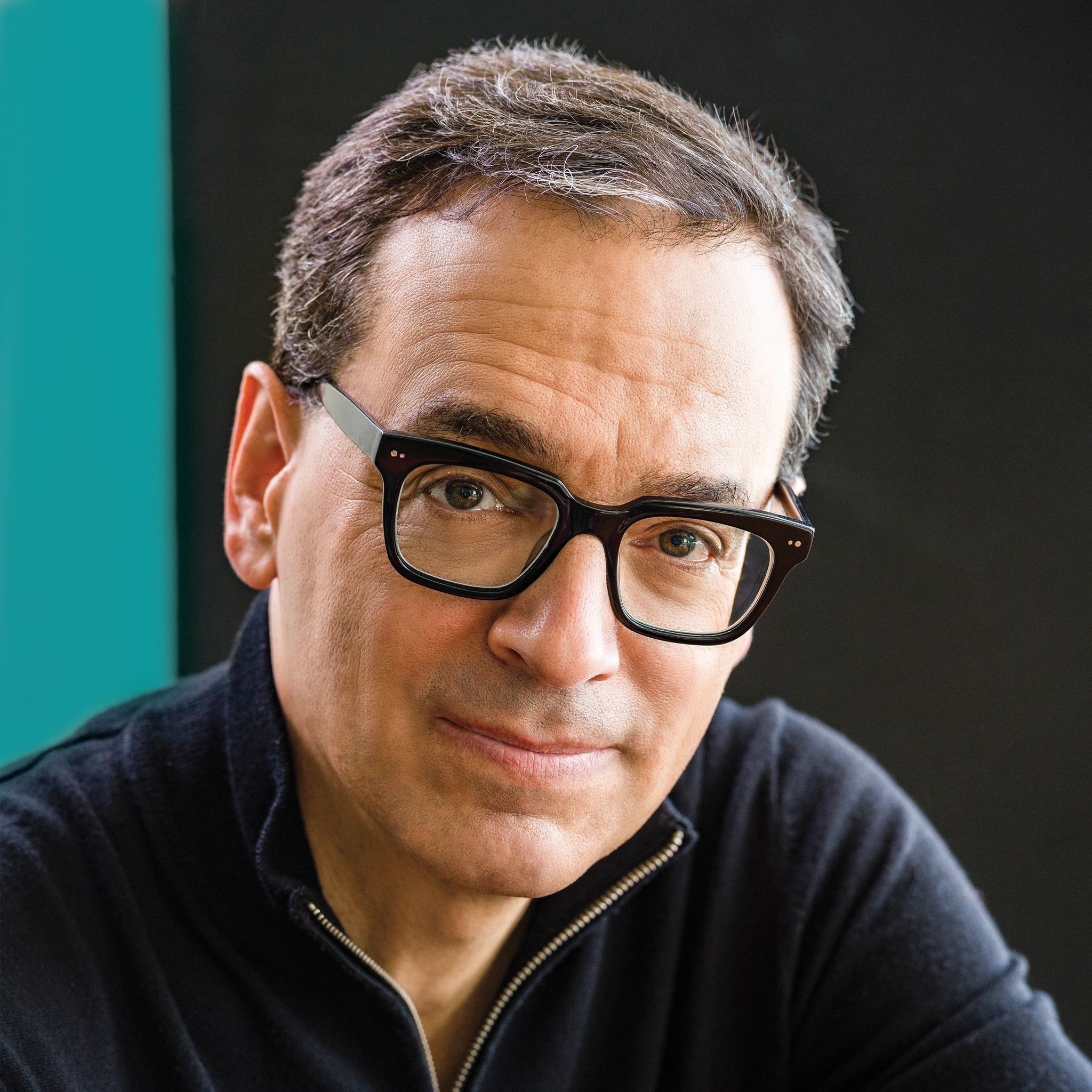 author
authorDiscover the Best Books Written by Andrei Tarkovsky
Andrei Arsenyevich Tarkovsky was a Russian filmmaker. Widely considered one of cinema's greatest and most influential directors, his films explore spiritual and metaphysical themes. They are noted for their slow pacing, long takes, dreamlike visual imagery, and preoccupation with nature and memory. Tarkovsky studied film at Moscow's VGIK under filmmaker Mikhail Romm and subsequently directed his first five features in the Soviet Union: Ivan's Childhood (1962), Andrei Rublev (1966), Solaris (1972), Mirror (1975), and Stalker (1979).
Several of his films from this period are ranked among the best films ever made. After years of creative conflict with state film authorities, Tarkovsky left the country in 1979 and made his final two films abroad; Nostalghia (1983) and The Sacrifice (1986) were produced in Italy and Sweden, respectively. In 1986, he also published a book about cinema and art entitled Sculpting in Time. He died later that year of cancer, a condition possibly caused by the toxic locations used in the filming of Stalker.
Tarkovsky was the recipient of several awards at the Cannes Film Festival throughout his career (including the FIPRESCI prize, the Prize of the Ecumenical Jury, and the Grand Prix Spécial du Jury and winner of the Golden Lion award at the Venice Film Festival for his debut film Ivan's Childhood. In 1990, he was posthumously awarded the Soviet Union's prestigious Lenin Prize. Three of his films—Andrei Rublev, Mirror, and Stalker—were featured in Sight & Sound's 2012 poll of the 100 greatest films of all time.
Andrei Tarkovsky was born in the village of Zavrazhye in the Yuryevetsky District of the Ivanovo Industrial Oblast (modern-day Kadyysky District of the Kostroma Oblast, Russia) to the poet and translator Arseny Aleksandrovich Tarkovsky, a native of Yelysavethrad (now Kropyvnytskyi, Ukraine), and Maria Ivanova Vishnyakova, a graduate of the Maxim Gorky Literature Institute who later worked as a proofreader; she was born in Moscow in the Dubasov family estate.
Andrei's paternal grandfather Aleksandr Karlovich Tarkovsky (in Polish: Aleksander Karol Tarkowski), was a Polish nobleman who worked as a bank clerk. His wife, Maria Danilovna Rachkovskaya, was a Romanian language teacher who arrived from Iași. Andrei's maternal grandmother Vera Nikolayevna Vishnyakova (née Dubasova), belonged to an old Dubasov family of the Russian nobility that traces its history back to the 17th century; among her relatives was Admiral Fyodor Dubasov, a fact she had to conceal during the Soviet days.
She was married to Ivan Ivanovich Vishnyakov, a native of the Kaluga Governorate who studied law at the Moscow State University and served as a judge in Kozelsk. According to the family legend, Tarkovsky's ancestors on his father's side were princes from the Shamkhalate of Tarki, Dagestan. However, his sister Marina Tarkovskaya who did detailed research on their genealogy, called it "a myth, even a prank of sorts," stressing that none of the documents confirms this version.
Best author’s book




















